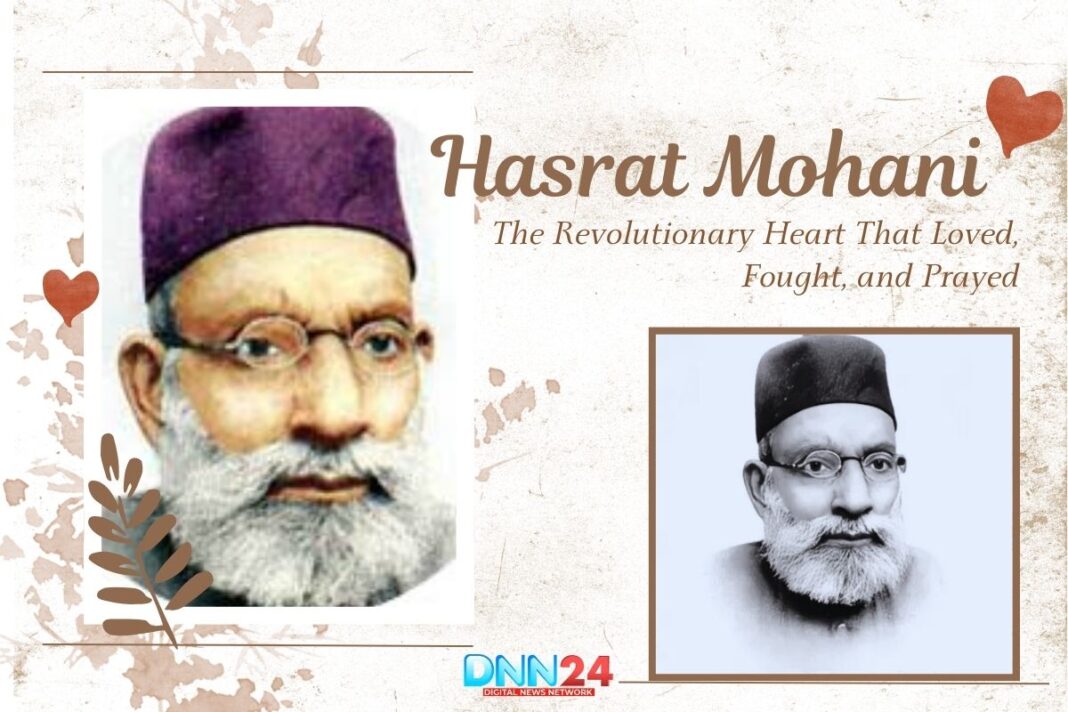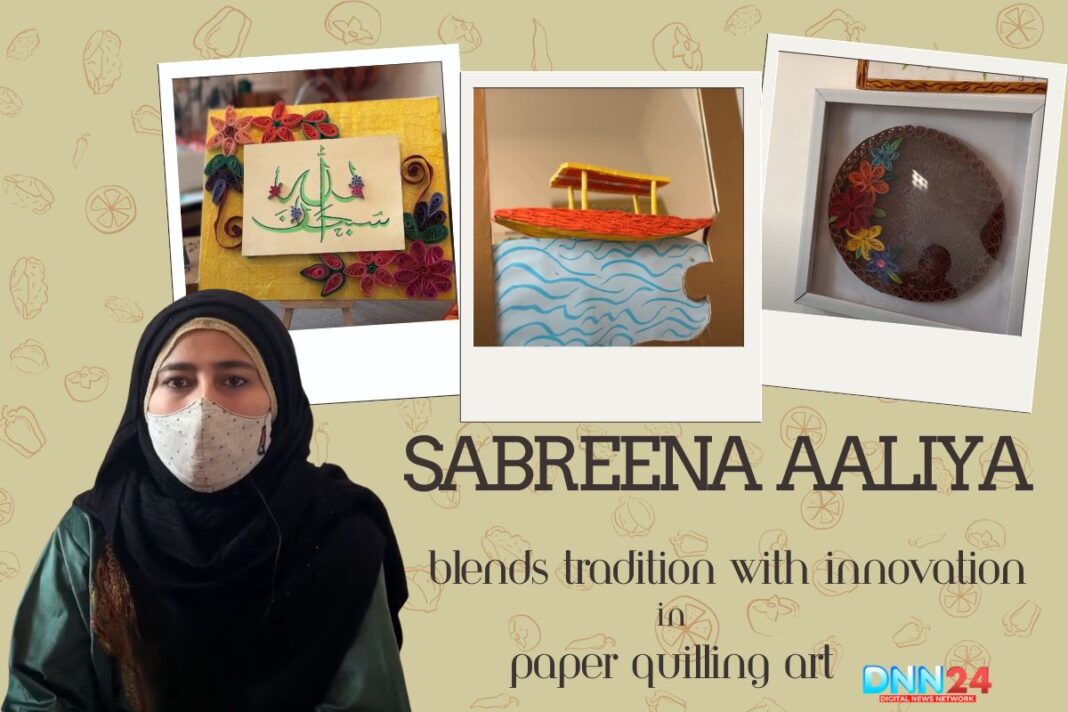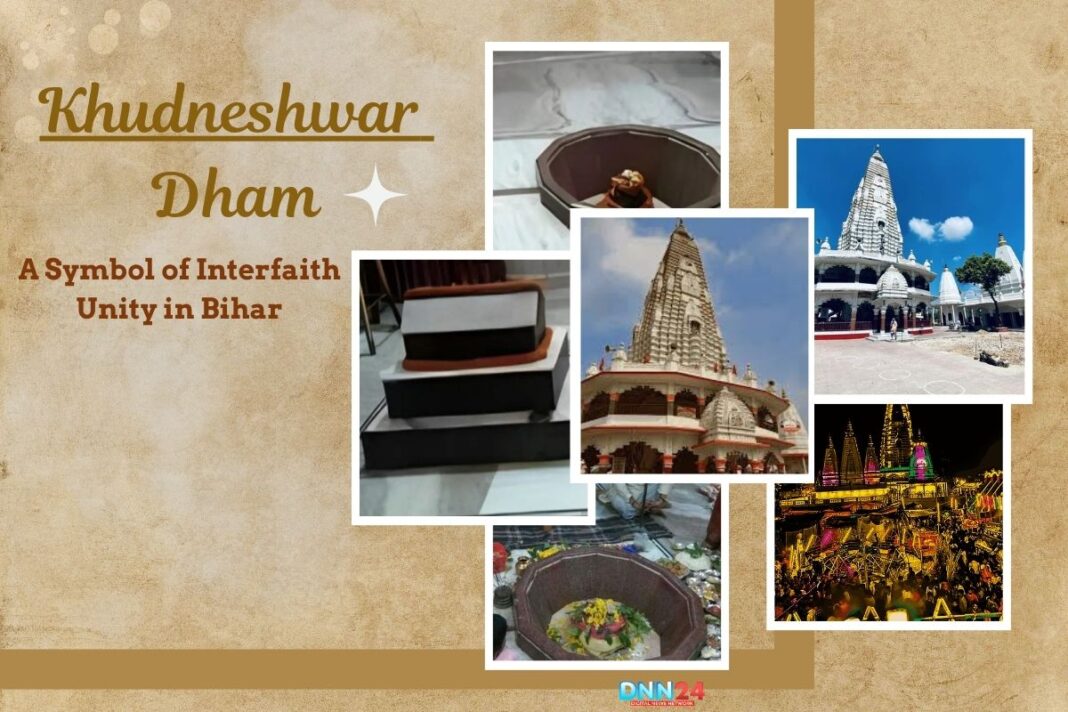Have you ever stood in dusty lanes of a village, and heard the past in every brick? Imagine little Syed Fazl-ul-Hasan—later known as Hasrat Mohani—running barefoot in Mohan, a sleepy village in Unnao, Uttar Pradesh. It is the year 1875. His family were simple zamindars, who valued books more than gold, and young Hasrat would creep into corners, with his nose in old books. Many kids ran after cows, Hasrat ran after words, Urdu, Persian, and Arabic were all twisted in his heart. When adolescence came knocking, he was reciting poetry under the stars, where dreams were a combination of pain and hope.
raushan jamal-e-yar se hai anjuman tamam
Hasrat Mohani
dahka hua hai aatish-e-gul se chaman tamam
Growing up, the shadow of 1857’s revolt haunted every street. All the family dinners were a reminder of the sacrifices of ancestors who were punished because they dreamt of freedom. These unspoken memories lit a rebellious fire in Hasrat’s heart—a passion to serve not just himself but India. When suffering passed his path, he knew how to smile with struggle and bear within him the soul of a Sufi—gentle yet indestructible.
bhulata lakh hun lekin barabar yaad aate hain
Hasrat Mohani
ilahi tark-e-ulfat par wo kyunkar yaad aate hain
The Making of a Rebel: Aligarh and Beyond
His pilgrimage was to the great Aligarh Muslim University. In this case, young Hasrat got a taste of the modern education, yet the lure of poetry and activism was too strong. Poetical mehfils were made out of student nights. He expressed his ideas in a magazine called the Urdu-e-Mualla, which was to cause sleepless nights to the British. There was little money, and together with the complete faith and collaboration of his wife, Nishatunnisa Begum, he would print, edit, and distribute each page by hand.
nigah-e-yar jise aashna-e-raaz kare
Hasrat Mohani
wo apni KHubi-e-qismat pe kyun na naz kare
At the time when his anti-British writings infuriated the rulers, Hasrat was imprisoned. Books destroyed, property confiscated, but the soul remains unbroken. At one point, he was requested to identify an anonymous critic, and instead of betraying his friend, he went to jail to stick to his words, friends, and principles before anything.
hai mashq-e-suKHan jari chakki ki mashaqqat bhi
Hasrat Mohani
ek turfa tamasha hai ‘hasrat’ ki tabiat bhi
Picture a cold December night. Hasrat turned down a foreign-made blanket when he was shivering in his friend’s office. He shook with a smile at the cold and said, “If I am going to fight Swadeshi, how can I take comfort in Videshi?” That was his silent heroism, and he sewed with little but persevering acts of self-respect.
nahin aati to yaad un ki mahinon tak nahin aati
Hasrat Mohani
magar jab yaad aate hain to aksar yaad aate hain
The Poet’s Soul: Tears, Love, and the Ghazal
Hasrat Mohani is celebrated for his revolutionary spirit, but the world also weeps with his verses. Chupke Chupke Raat Din Aansoo Bahana Yaad Hai is one of his most eternal ghazals of clandestine tears and heartache of lost love. It is not only a lover-lament–it is the moaning of every heart that is homesick–or homesick of freedom yet to be. The poetry is not just romance, but revolution covered with velvet words. During prison days, Hasrat would write verses on scraps of paper with any available ink and make each cell a court of hope and heartbreak.
chupke chupke raat din aansu bahana yaad hai
Hasrat Mohani
hum ko ab tak aashiqi ka wo zamana yaad hai
He was the poet who found God in beauty and the beloved in all the battles. At one time, he wrote:
Hasrat Mohani
Ye bhi adab-e-mohabbat ne gawara nahin kiya,
Ke is ne haal-e-mohabbat sune diya hum ko
These gentle but brutal verses grasped the dignity of love and silent suffering, which were addressed not only to lovers but to everyone who suffers silently.
A Sufi, a Communist, a Krishna Devotee
Queer, isn’t it? This bold Muslim went on fasting in prison and reciting the Quran and was also one of the earliest Communists of the subcontinent. Faith and equality did not seem like enemies to him. Hasrat referred to himself in his personal diaries as an Ishtraki Musalman, a Sufi-Communist. He found beauty in mosque and manifesto, in prayer rug and call to revolution.
chori chori ham se tum aa kar mile the jis jagah
Hasrat Mohani
muddaten guzrin par ab tak vo Thikana yaad hai
However, there is a story that makes him stand out. Hasrat was a strong religious person, yet he loved Lord Krishna spiritually. He referred to Krishna as his soul lover in poems and personal letters. He wrote songs to Krishna, travelled to Mathura like a pilgrim, and also claimed that the love of the divine does not recognize creed or boundary. This syncretism was unusual, and this made the Maulana a mediator between worlds.
aarzu teri barqarar rahe
Hasrat Mohani
dil ka kya hai raha raha na raha
The Revolutionary: “Inquilab Zindabad” and India’s Awakening
Every Indian who has raised the cry “Inquilab Zindabad” owes a debt to Hasrat Mohani. At the Congress session of 1921, he was the first to demand “Complete Independence”-others were still thinking of a Dominion Status. It was his war cry; it rumbled through the jails, it rang in the freedom marches, and it inspired heroes such as Bhagat Singh. Hasrat was imprisoned and tortured several times, but he never bowed down.
Teri mehfil se uthata ghair mujh ko kya majaal
Hasrat Mohani
Dekhta tha main ke tu ne bhi ishaara kar diya
During one of the most well-known episodes, British authorities, enraged by an editorial that criticized the policy of colonialism in Egypt, gave him freedom in exchange for a compromise. Instead, he declined gracefully to grind a heap of meal each day in the heat of May rather than give up his beliefs. He actually co-founded the Communist Party of India- a blend of devotion and revolution, prayers and protests. He demonstrated to the world that spirituality could go hand in hand with social reform.
Khirad ka naam junoon pad gaya, junoon ka khirad
Hasrat Mohani
Jo chahe aap ka husn-e-karishma-saaz kare
Love and Loyalty: The Unbreakable Bond with Nishatunnisa Begum
With every titan, there is usually an unsung hero partner. Nishatunnisa Begum, who was always in purdah, herself became a force. This sweet lady berated Nehru so badly when his volunteers interrupted the session of the Congress that he had to apologize. She was on the side of peasants and workers, equally brave as Hasrat in activism. She sold her ornaments to support him when his magazine was banned, leaving him penniless. They were not merely poetry and politics, but strong faith in each other–which showed that revolutionary spirit might be as soft in marriage as in revolution.
Kehne ko to main bhool gaya hoon magar ai yaar
Hasrat Mohani
Hai khaana-e-dil mein teri tasveer abhi tak
Untold Pages: Diaries, Dreams and Delhi Lost Flavours
How to feel lonely in the city where you live? Hasrat wandered around Old Delhi and Lucknow, lamenting the deaths of friends and the dispersion of communities after Partition. He wrote about heartbreak in his secret diaries: nights spent wandering in Ballimaran trying to find a familiar nihari, dreams of his grandmother, or even Muhammad Ali Jinnah comforting or unrealistically scolding him. These records, which have been concealed for many decades, depict the nostalgia of a leader. Stunningly, on the 15th August 1947, Hasrat did not write about independence in his journal- his thoughts were with the suffering, not the celebrations. He lamented over the death of Gandhi, and when Nehru or the Nizam of Hyderabad came to his dreams, he thought about unity and defeat, not triumph.
Dekhne aaye the wo apni mohabbat ka asar
Hasrat Mohani
Kehne ko ye hai ke aaye hain ayaadat kar ke
The Dervish, The Constitution, and the Legacy
Hasrat Mohani was chosen for the Constituent Assembly, helping to draft the heartbeat of modern India. However, in one of the more principled and poetic acts, he never appended his signature on the final Constitution because to him, it did not go far enough to bring justice to minorities and farmers. He argued vehemently on federalism, reservations, and the abolition of feudal Zamindari and was on the side of the weak. Hasrat never owned any property, nor did he ever desire luxury; he lived and died an ordinary dervish–a fakir dressed in homespun, with poetry in his pocket, and a brain loaded with revolution.
Aap ko aata raha mere satane ka khayal
Hasrat Mohani
Sulh se achhi rahi mujh ko ladai aap ki
He died in 1951, and many people forgot about him, but he lives in every freedom song, every couplet where love and rebellion touch each other. Hasrat Mohani was more than a poet, a politician, a sufi, or a rebel—he was proof that the heart’s greatest work lies in living for others, loving without limits, and standing by truth when the world chooses silence. His poems and tales inform us that the real revolution is always more than political, the revolution of tears, of loyalty, and of the courage of a single unbowed soul.
Aur to paas mere hijr mein kya rakkha hai
Hasrat Mohani
Ik tere dard ko pahlū mein chhupa rakkha hai
Also Read: Munawwar Rana: The Poet Who Wrote the World’s Tears
You can connect with DNN24 on Facebook, Twitter, and Instagram and subscribe to our YouTube channel.



